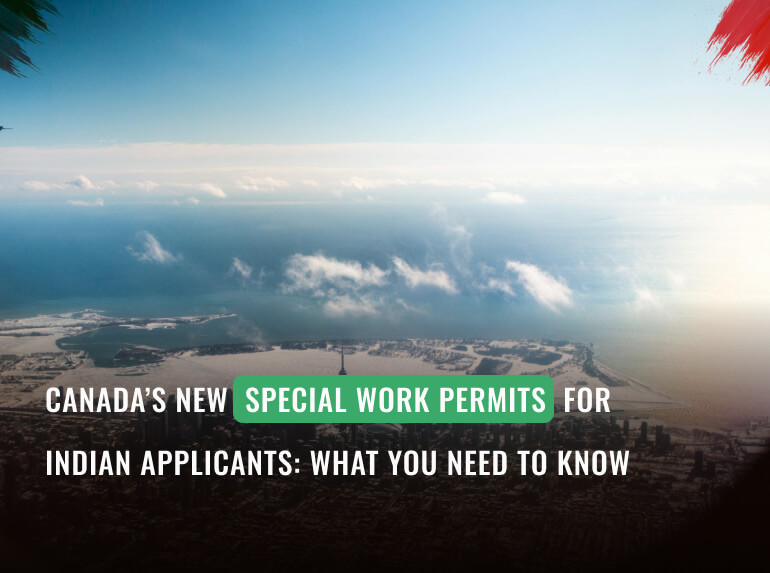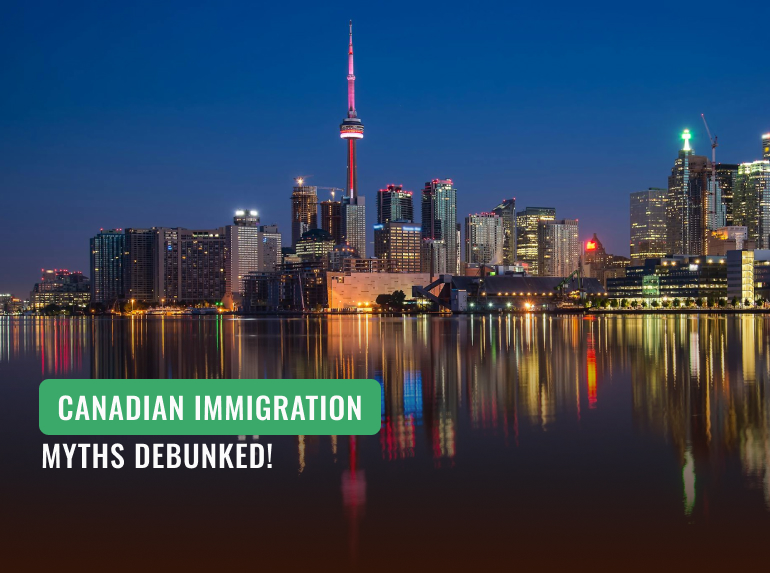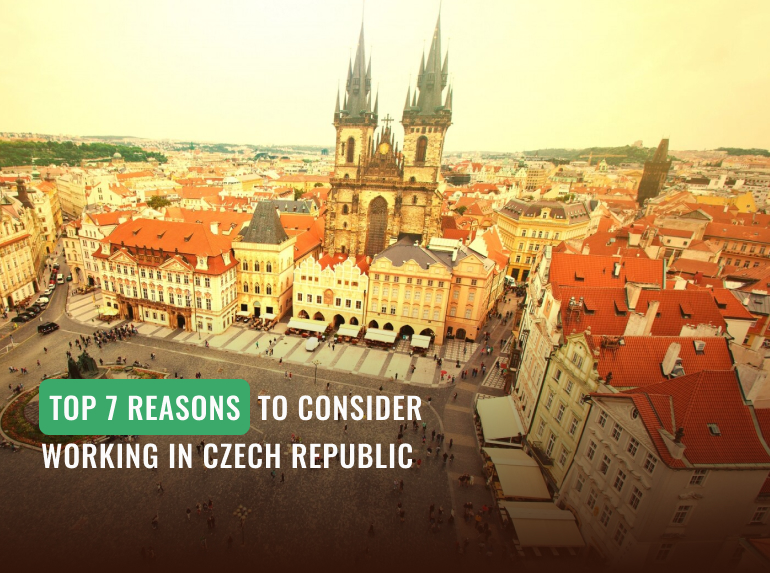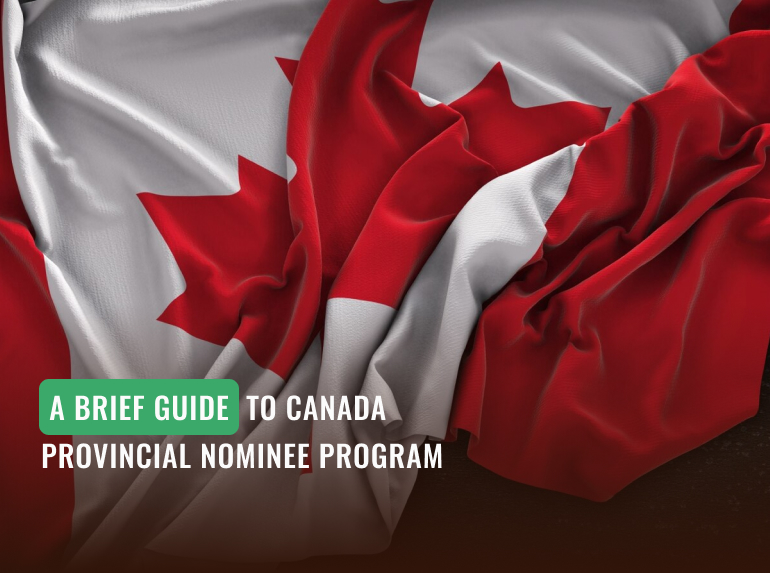
Canada’s New Special Work Permits for Indian Applicants: What You Need to Know
Are you living in India and planning for skilled immigration to Canada? This guide is for you. It will help you understand all types of

Are you living in India and planning for skilled immigration to Canada? This guide is for you. It will help you understand all types of

Immigrating to another country like Canada or Australia from India is a complicated process. It requires careful planning, accurate documentation, and compliance with the legal

The number of Indian immigrants grew from 32,828 to a whopping 139,715 from the year 2013 to 2023. This is a 326% increase in a

Nothing matches the joy when you acquire a visa to the country you desire. On the other hand, the cancelation or rejection of a visa

With a booming economy, a rich cultural heritage and history, and high living standards, one could have a good life in the Czech Republic. If

If you are contemplating moving to Canada, one of the routes is the Provincial Nominee Program (PNP). In this program, territories and provinces nominate the







